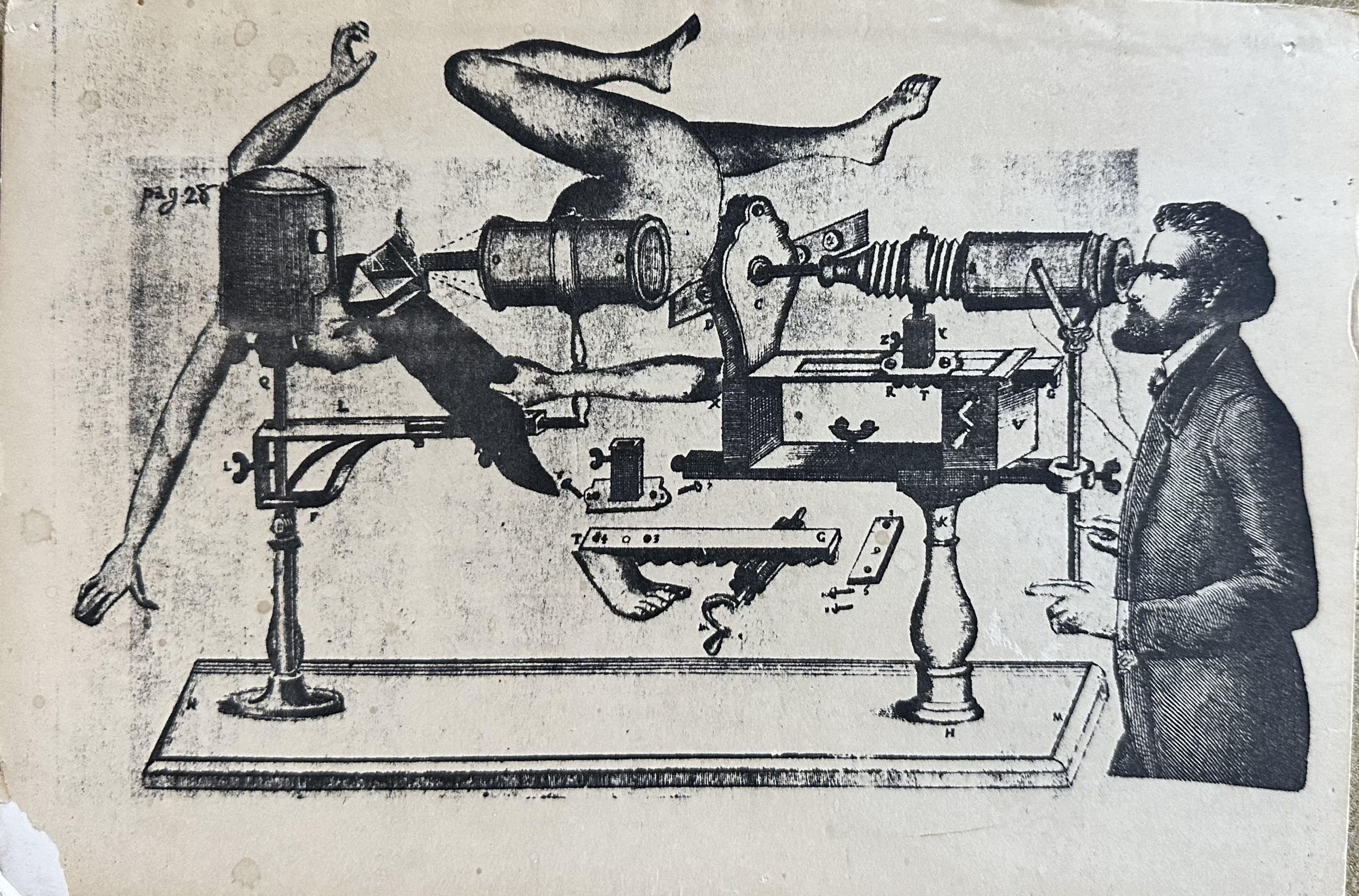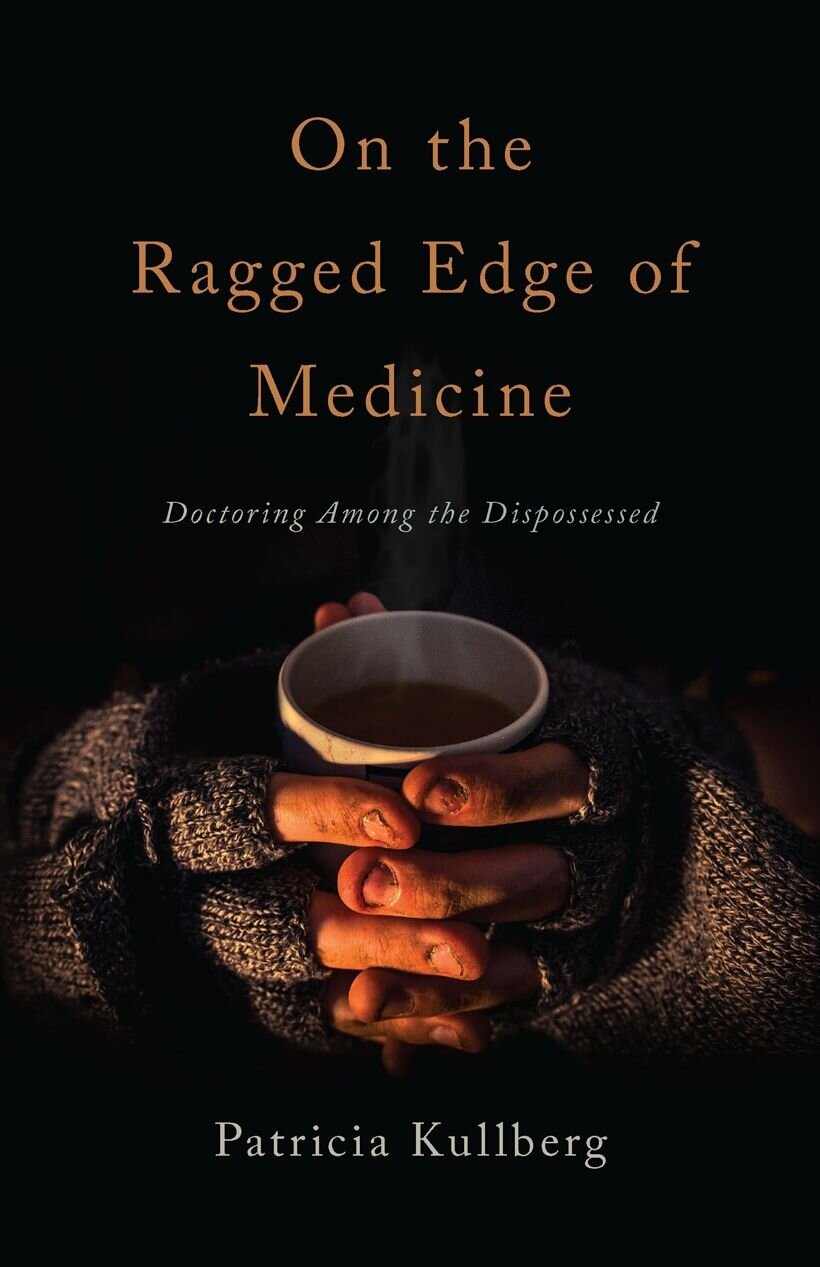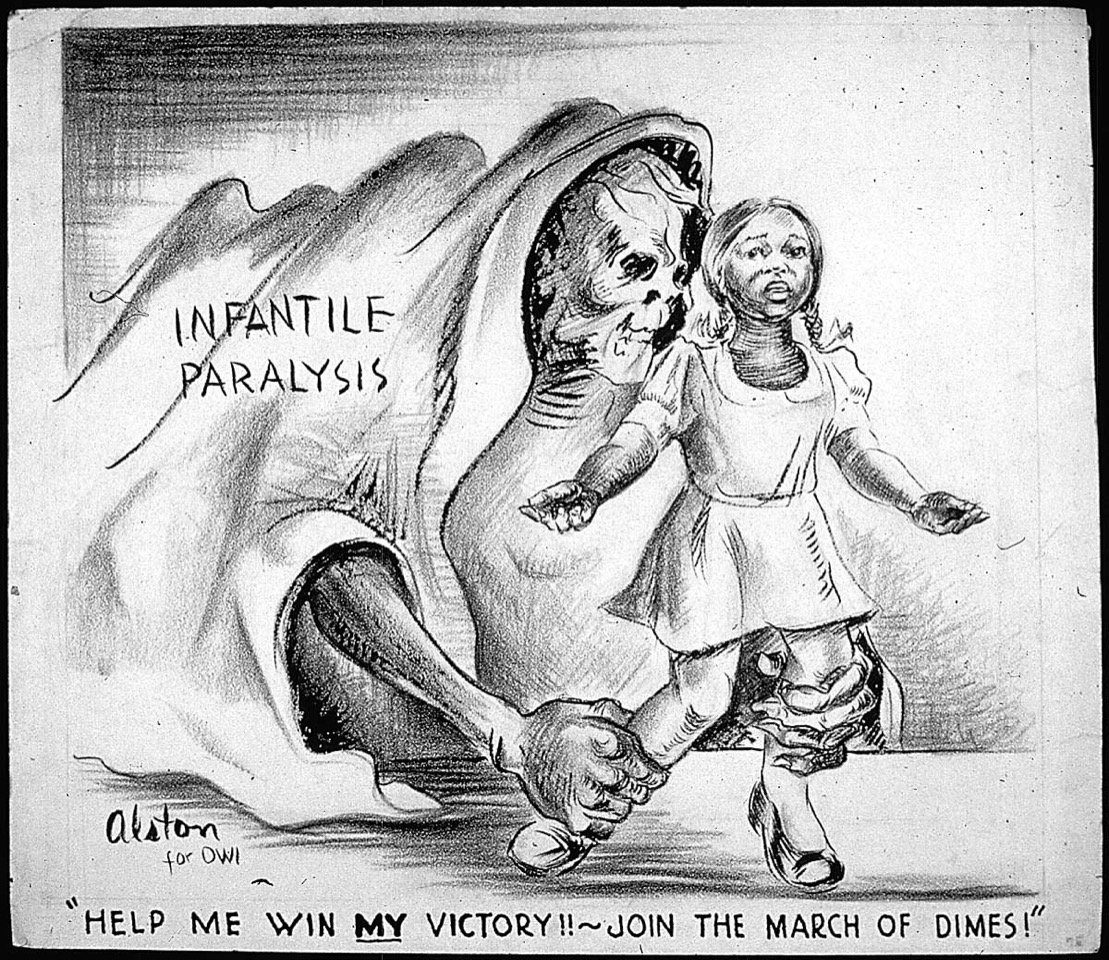
Collage by Imre Toth“Life is like that. You live it forward but understand it backward.” ― Abraham Verghese, MD, Cutting for Stone

On the Ragged Edge of Medicine
On the Ragged Edge of Medicine offers a unique and personal glimpse into a medical practice for the homeless and urban poor in Portland, Oregon. Told through fifteen patient vignettes and drawn from the author’s decades of experience on the front lines, this revealing memoir illuminates the impact of poverty on the delivery of health services and the ways in which people adapt and survive (or don’t survive) in conditions of abuse and deprivation. Kullberg’s stories show the direct and sometimes devastating effects of poverty on personal health, poignantly demonstrating that medicine is as much a social enterprise as a scientific one.
Selected Reviews
“A compelling portrait of working with people whose stories cry out to be told.” — Paul Collins, author of Not Even Wrong: A Father’s Journey Into the Lost History of Autism and Duel with the Devil: The True Story of How Alexander Hamilton and Aaron Burr Teamed Up to Take on America's First Sensational Murder Mystery
“A remarkable account of a shadowed part of Portland that we generally do our best to ignore and forget; an admirably unadorned and un-egotistical book of witness and even celebration of Oregonians dealing with terrible illness, loneliness and duress.” — Brian Doyle author of Mink River and The Wet Engine: Exploring the Mad Wild Miracle of the Heart
Original sketch by Charles Alston
Girl in the River
Girl in the River is a portrait of the intimate lives of women during one of the most corrupt periods in Portland history. It’s an unflinching look at the power dynamics of sex; a glimpse into the work life of a call girl; an improbable love story; the tale of post-war assaults on reproductive rights; and a tribute to two remarkable and remarkably different women who shaped the lives of Portlanders during those tumultuous times: Dr. Ruth Barnett and Mayor Dorothy Lee.
Selected Reviews
“Girl in the River starts with a bang and hums right along—like one of those hardboiled film noir movies. Smart and raw, full of sassy dialog, the novel touches on issues of morality and justice, propriety and decency. The 1930s and 40s may have been a simpler time, but the corrosive impact of the corruption this novel explores is all too familiar.” — Maryka Biaggio, author of Parlor Games, Eden Waits, and other novels
“An extraordinary page-turner of a novel, featuring crooked cops, sensation-minded reporters, moralistic politicians, and always-vulnerable women who turn out smarter and craftier than all the rest. A fabulous read!” — Rickie Solinger, author of The Abortionist: A Woman Against the Law
“A smart, noirish, full-blooded novel with vivid characters and gut-hitting dialogue. Think “LA Confidential,” but even more firmly grounded in the reality of time and place. A smooth and terrifically enjoyable read, and highly recommended!” –– Rich Rubin, Portland playwright
“If only history classes were this rich and enjoyable. Kullberg has crafted a wonderful look into Portland’s history, and how women in particular may have navigated the tricky business of building a life against the backdrop of mid-twentieth century legal systems, power-plays, poverty and health care.” — Monica Drake, author of Clown Girl and Stud Book
Sister Kenny and the Great Crippler
A historical novel-in-progress
Her claim is outrageous: It is not the polio virus that cripples the kids; it’s the doctors who cause the deformities with their very treatments.
When Sister Elizabeth Kenny, a nurse from the Australian outback, arrives on American shores to promote her radical new therapy for polio she ignites a challenge to the medical establishment with far reaching consequences, not the least for the women whose private lives she touches.



